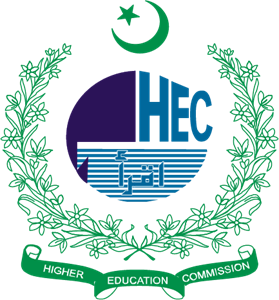BASELINE ASSESSMENT OF SPECIAL EDUCATION SCHOOLS IN PUBLIC SECTOR, KHYBER PAKHTUNKHWA (KP), PAKISTAN
Keywords:
Special Needs Education, Children with Disability, Persons with Disability, UNCRPD, Khyber Pakhtunkhwa, PakistanAbstract
Introduction: Education is a basic human right. Children with disabilities (CWDs) need the most and get the least of education. Quality data about the special education facilities in developing countries like Pakistan can guide reforms. This study undertook the task to evaluate the situation of special needs education in Khyber Pakhtunkhwa (KP) and will serve as a bench mark for future actions.
Materials & Methods: A Questionnaire based survey was conducted across the public sector special education schools in KP between August and October 2013. The questionnaire included sections about infrastructure, number of students, co-curricular activities and provision of personal assistive devices. Data were analyzed with SPSS V.16.0.
Results: Out of 28 responding schools, 02(7%) were matric, 05(18 %) were middle and 21(75%) were primary level. Out of 27 responding to specialty question, schools for hearing impaired were 10 (37%), MR & PH were 06(22%), for visually impaired were 07(26%) and special education complexes for cross disabilities were 04(15%). Parent teachers association (PTA) was part of 80% schools. Majority, 19(70%) schools are in rented buildings; 09(36%) have hostels while average distance of schools (all situated in Urban areas) from main bus stand is 4.16 Kilometers. Of 26 responding schools, 12(46%) participate in sports with 12/21 schools (57%) having a playground. Of the 11 schools for Deaf, 03 (27% have an audiologist, 4/10 (40%) MR&PH schools having physiotherapist(s) and only 3 (11%) schools are having psychologist(s) at service where needed. No eye care exists at 07 schools for Blind or 04 educational complexes. Majority of Hearing aids are self-purchased and most of tricycles are provided by government.
Conclusion: Situation of special education in KP is worrisome. Deficient and inaccessible infrastructure is catering negligible number of potential beneficiaries/ children with disabilities. Previous polices and National Action Plans special education is shelved awaiting implementation.




